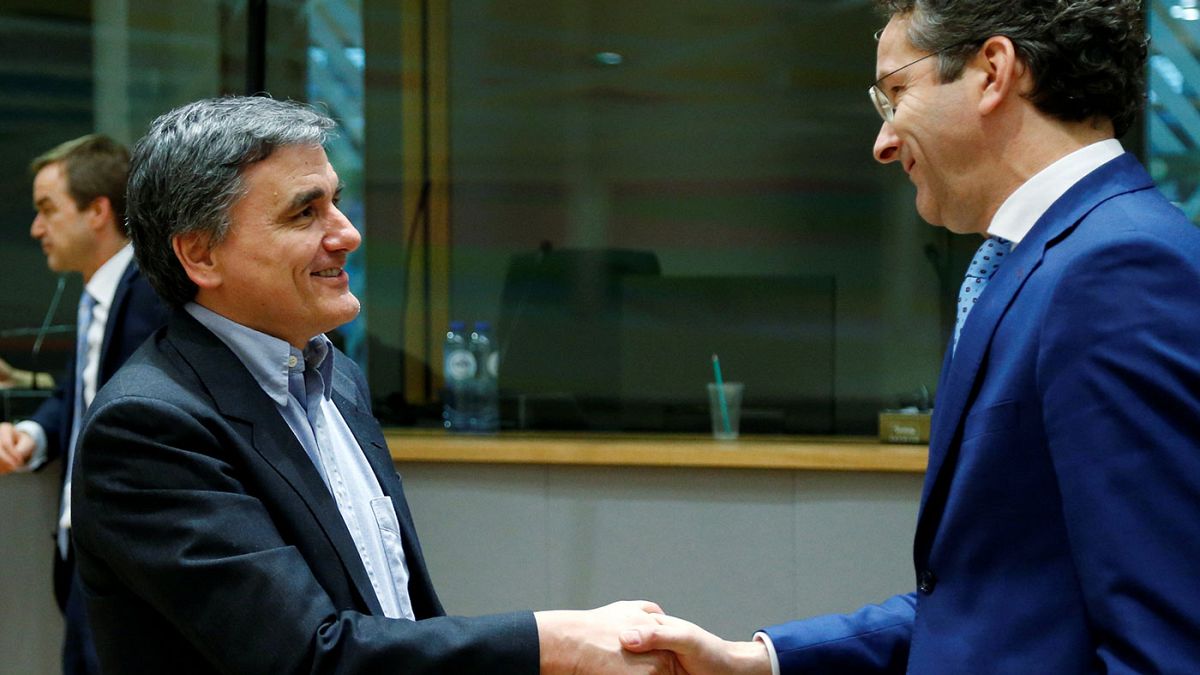Euro zone finance ministers and Greece have agreed to resume negotiations over its bailout review next week.
Eurozone’s finance ministers have agreed that officials from the institutions overseeing Greece’s bailout will go to Athens next week to discuss in more detail the reforms the government must make.
After the latest talks in Brussels a Greek government official said it had been agreed there would be no more austerity.
Greece accepted to legislate reforms which would be adopted from January 1, 2019 onwards, on condition that the fiscal impact would be neutral, the official said.
The head of the finance ministers’ group, Jeroen Dijsselbloem, was more nuanced when he spoke to reporters saying: “There will be a change in the policy mix if you will, moving, perhaps, away from austerity and putting more emphasis on deep reforms, which is also been a key element for the IMF.”
Easing up on austerity was one of the demands of the International Monetary Fund and this could help convince it to contribute to the latest bailout programme.
So, Greece moves one step closer to getting more loans. But even the ever optimistic EU Economic and Financial Affairs Commissioner Pierre Moscovici admitted there is more work to be done: “We still need to narrow our differences in terms of fiscal projections and we still need to agree on all details of the policy package to conclude the second review.”
That review – with experts from the European Commission, the European Central Bank, the euro zone bailout fund ESM and the IMF checking on the reform progress by Athens – has to be completed before Greece gets the cash it needs for its next installment of debt repayments which come due in July.
Dijsselbloem, when asked about the timing, said: “The liquidity issues as you know are not substantial and they won’t occur until the summer, so in other words, there is no acute need for money. Economically of course it’s important that the stability which we have achieved in Greece and the recovery, economically, continues. And therefore it would be useful if it all happens quite quickly.”



